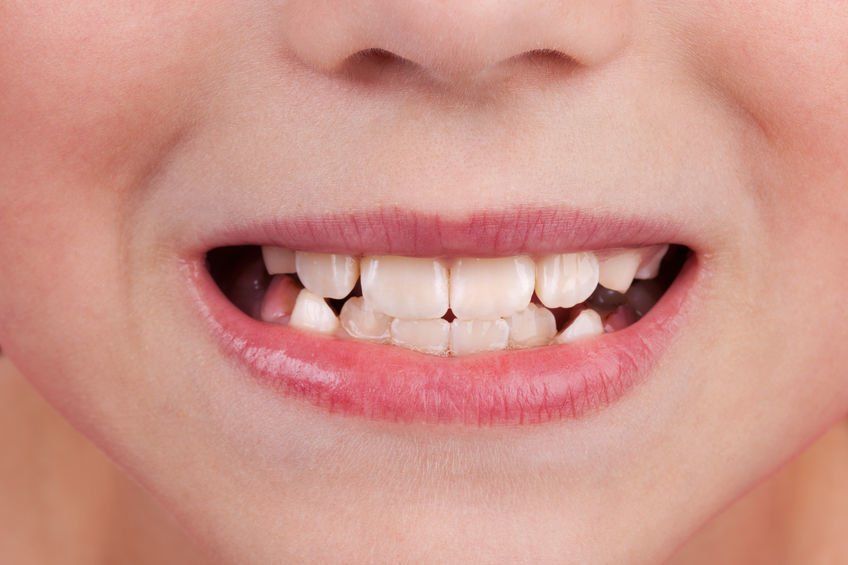Protecting Your Teeth During The Holidays
- By Mary Marks
- •
- 11 Nov, 2019
- •

Thanksgiving is approaching and, in the abundance of
delicious homemade sweets that will likely be available, it will be very easy
to lose sight of the importance of oral hygiene and a healthy smile. Children
in particular are prone to eat sweets and often forget about the rules of tooth
care. Your local Colorado sedation dentistry office
wants to remind you to not forget about your dental hygiene health over the holidays.
We do not suggest you stop eating what you like - instead we will give you tips on how to enjoy the holidays while keeping a bright smile.
What foods can be harmful to your teeth?
Foods rich in sugar (including sweet carbonated drinks) are the main enemy of your teeth. The bacteria in the mouth cavity feed on sugar and the result is acid, which in turn causes cavities. Consumed irresponsibly, sugar can be dangerous to oral health.
Brush your teeth after every meal!
If you want the holiday food not to leave its mark on your teeth then it is crucial to brush your teeth as often as you can. Proper dental brushing can eliminate the residue of food between your teeth and guarantees that they are not exposed to sugar for a too long time. In addition to the medical benefits, brushing your teeth between meals will make you feel fresh. Don't forget about dental flossing and mouth washing to destroy bacteria efficiently.
Also, a visit to the dentist is always a good idea, and before the holidays it is actually highly recommended.





Although oral sedation dentistry Highlands Ranch is one of the optionsavailable for managing anxiety and discomfort during oral surgery, you certainly do not need to use it all the time. As a matter of fact, the exact type of sedation or anesthesia that you receive during oral procedures may depend on various factors, such as the complexity of the procedure, your medical problems, as well as your doctor’s preferences.
There can be several different levels of sedation that can be used in oral surgery. Local anesthesia is one of them. This involves injecting anesthetic medication into the specific area where the surgery will take place. It numbs the area and is often used for less invasive procedures.
Oral sedation involves taking medication in the form of a pill to induce a state of relaxation and drowsiness. The patient is still conscious, but he/she may not be fully aware of the procedure. At any rate, sedation helps him/her get rid of anxiety.
In the case of intravenous sedation, medication is administered through a vein, which induces a deeper state of sedation than oral sedation. Patients may still be conscious, but they are less aware of their surroundings and may not remember the procedure.





